
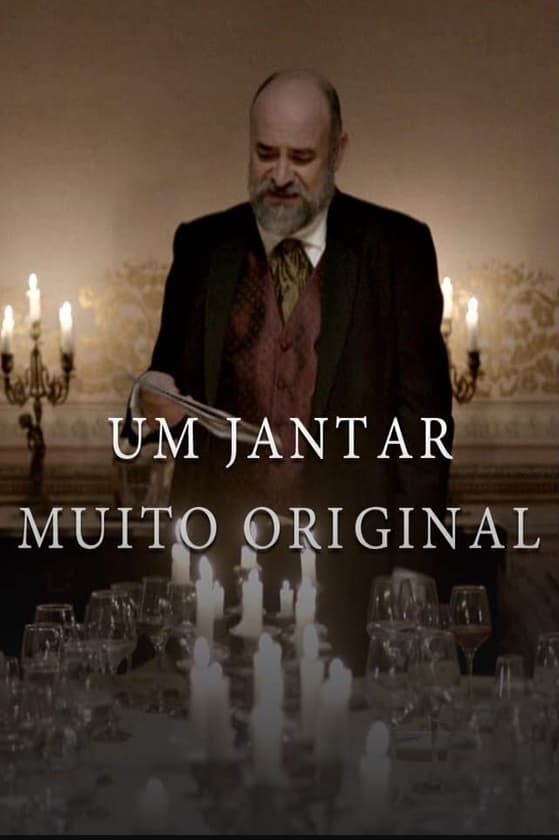
1907. The Porto Chamber has just been won by the Republicans, in full monarchy, three years away from the revolution. Republican ideas are taking hold and monarchical institutions are beginning to be shaken. However, the Sociedade Gastronómica de Lisboa resists and apparently is one of the strongest bastions of the monarchy. But winds of change blow within the walls of the traditional and conservative Society. A young member, Dr. Duarte Rodrigues, decides to run for president, held by the mysterious Prositt, who made his fortune in Africa. Duarte, stating that he does not want to betray the illustrious president, but as he is somewhat worn out and hopelessly dazzled by the leadership, he is able to artfully convince others to convince him, Duarte, to move forward, serving them for this. , in a dinner of taking power, a dish of unexpected excellence and very original.

There are no boundaries for a mother’s love... Madalena is a wealthy and powerful entrepreneur in the healthcare business who feels guilty about her grandson’s death, João, due to an accident at her pool when the boy was under her care. The death of the child results in her daughter Leonor spiral down into self destruction and madness, jeopardizing her career as well as her marriage to Bruno, an ambitious man. Leonor’s pain is heightened by the fact that, due to complications that occurred during labour, she is no longer able to carry a pregnancy to full term. With the support from her husband Rodrigo, Leonor's stepfather, Madalena offers to serve as a surrogate to Leonor through intrauterine insemination so that she and Bruno can have a biological child. But this pregnancy, which had everything to be the greatest act of love, is not only illegal, but proves to be an unparalleled atrocity.

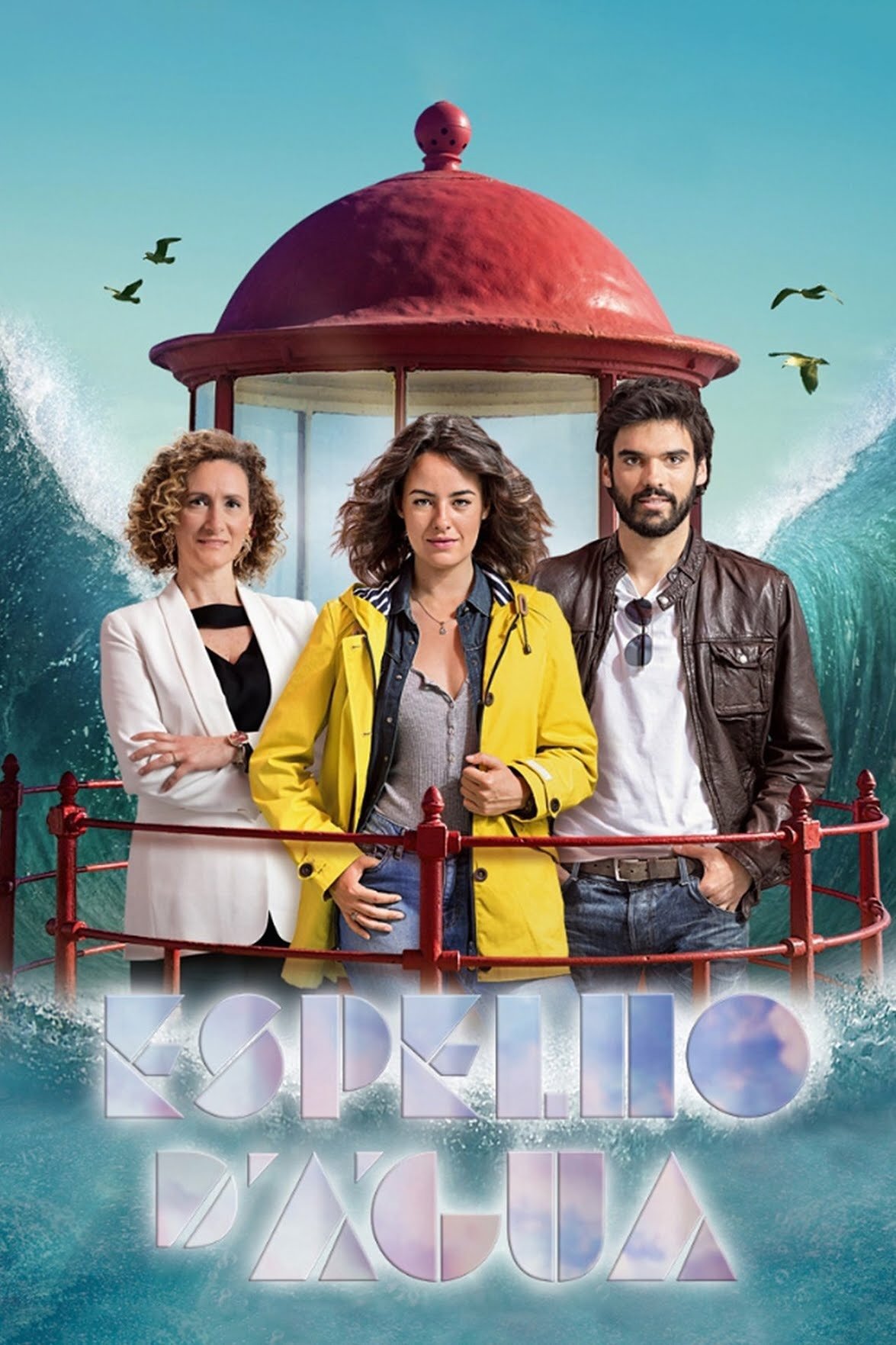

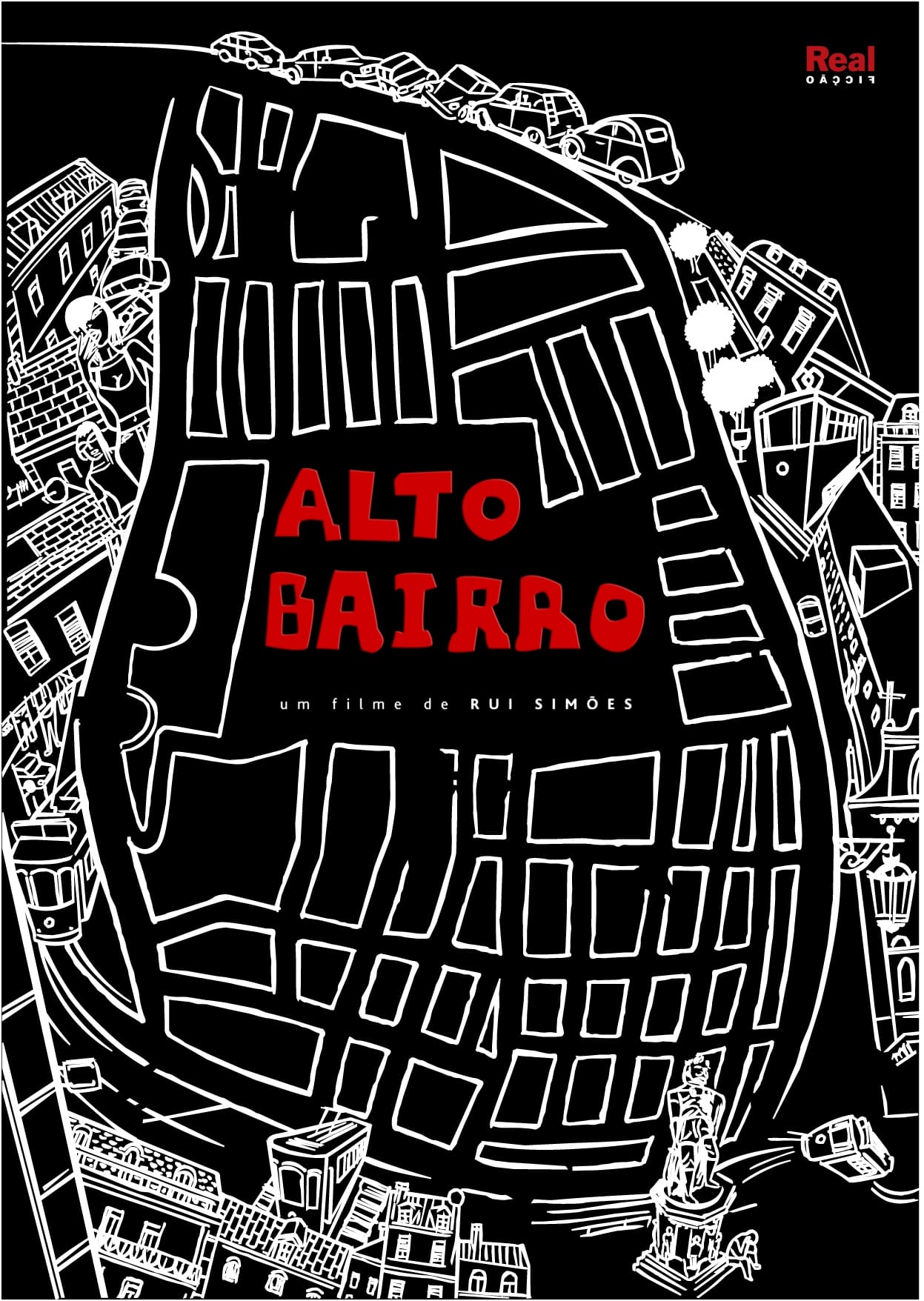
In Lisbon 1950, John, 13, decides to invade the neighborhood of prostitutes, nobility and sailors, starting a new stage in his life. Today this neighborhood is reflected in a scattered public debate centered on its night life.
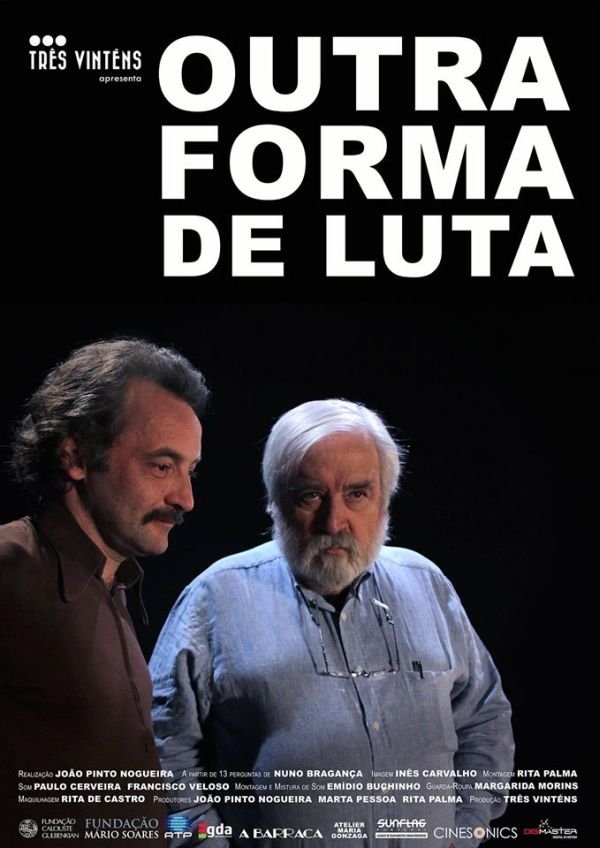
In early 1985, the writer Nuno Bragança hands his friend Carlos Antunes a 13 question’s questionnaire; 13 sheets of graph paper, of which he offered the recto-verso of each for his friend to answer. The questions were about Carlos Antunes’ personal and political career, with a special interest in his involvement in the Revolutionary Brigades and the armed struggle against the dictatorship that led to his arrest in 1978. The untimely death of the writer, in the same year, left the questionnaire unanswered and some uncertainty as to its purpose. After almost 30 years, the director asks Carlos Antunes to answer the 13 questions and to reconstruct the achievements, illusions and sorrows of the Revolutionary Brigades in Portugal, in the years surrounding the Carnations’ Revolution in 1974.

Diogo Almada is a successful account manager at a telecommunications company who is struggling with serious stress and anxiety issues due to the constant state of pressure he lives in. His situation becomes worse when he suffers a stroke which puts him in hospital. There, doctors tell him that if he doesn't slow down things could become much worse for him in the future. He also meets the owner of a vegetables and herbs greenery in Beirais, a small village in the midlands, who is looking to sell it. Diogo then decides to buy him out and risk it as a farmer himself. He wants his girlfriend Teresa to come along with him, but she refuses to leave Lisbon due to her career and also because she doesn't want to give up her city comforts. But Diogo decides to move to Beirais anyway, where he is faced with an entirely different reality from what he’s used to.
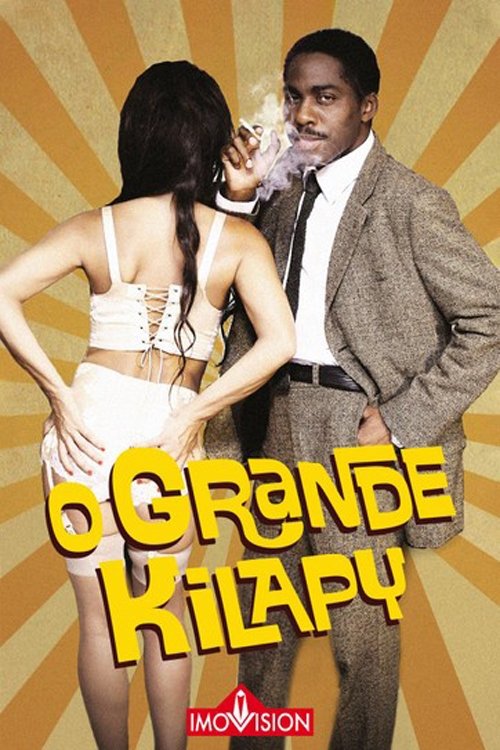
Zézé Gamboa's sardonic historical drama follows a good-hearted, apolitical con man who, on the eve of Angolan independence in the mid-1970s, pulls off a massive swindle at the expense of the Portuguese colonial administration — and soon after finds himself hailed as a hero of the national liberation struggle.
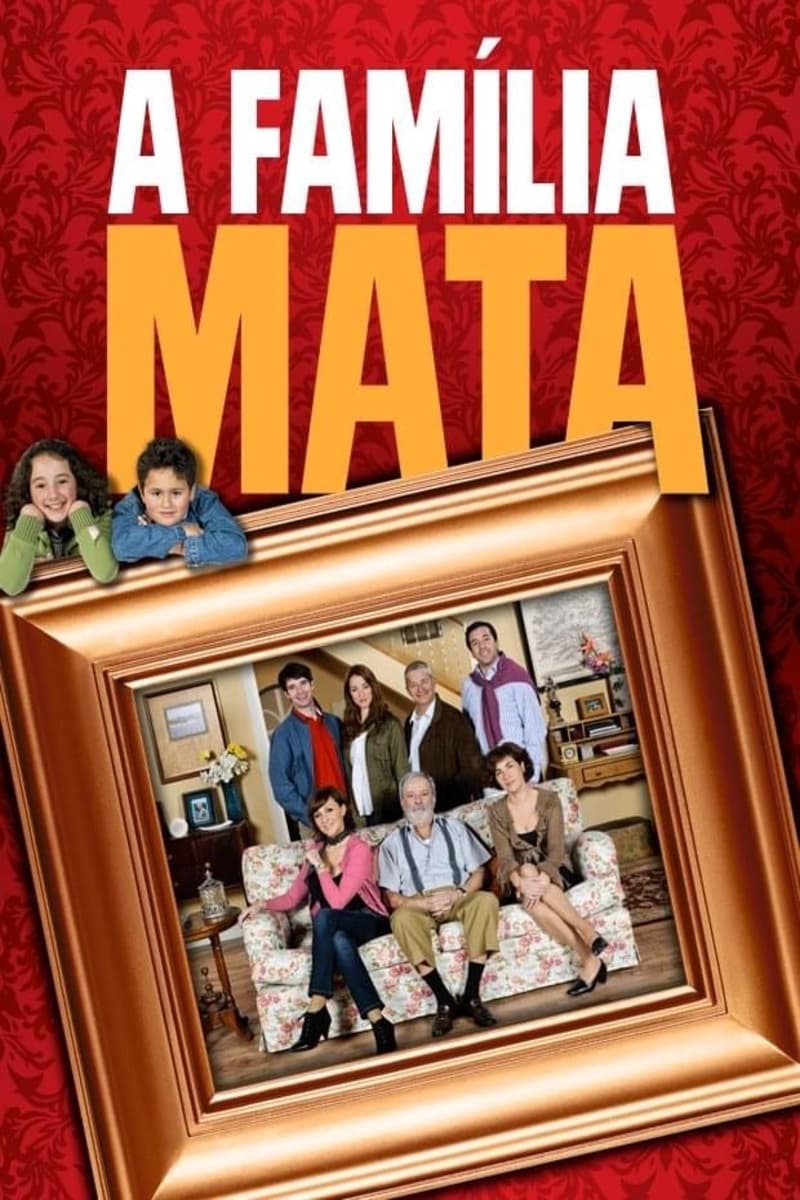
A family by force... Paulo and Susana have been together for a few years now and decide to take the next step in their relationship by moving in together. But, as they're signing the deed to the house, her father, who was supposed to bring the check, ends up delivering the bad news that there is no money for the house, thus ending this young couple’s dream. However, Artur doesn’t want to come off as a bad parent, so he offers his attic to them so that they can start their life together. So, Paulo’s dream turns into an absolute nightmare, as their life as a couple is, in fact, shared with seven other people who are all very different from them and will start controlling their every move in a permanently tense environment. The Mata family, as it turns out, is all insane, the only exception being Susana. And even her will have a hard time convincing the rest of the family to accept and welcome their new member.
By browsing this website, you accept our cookies policy.